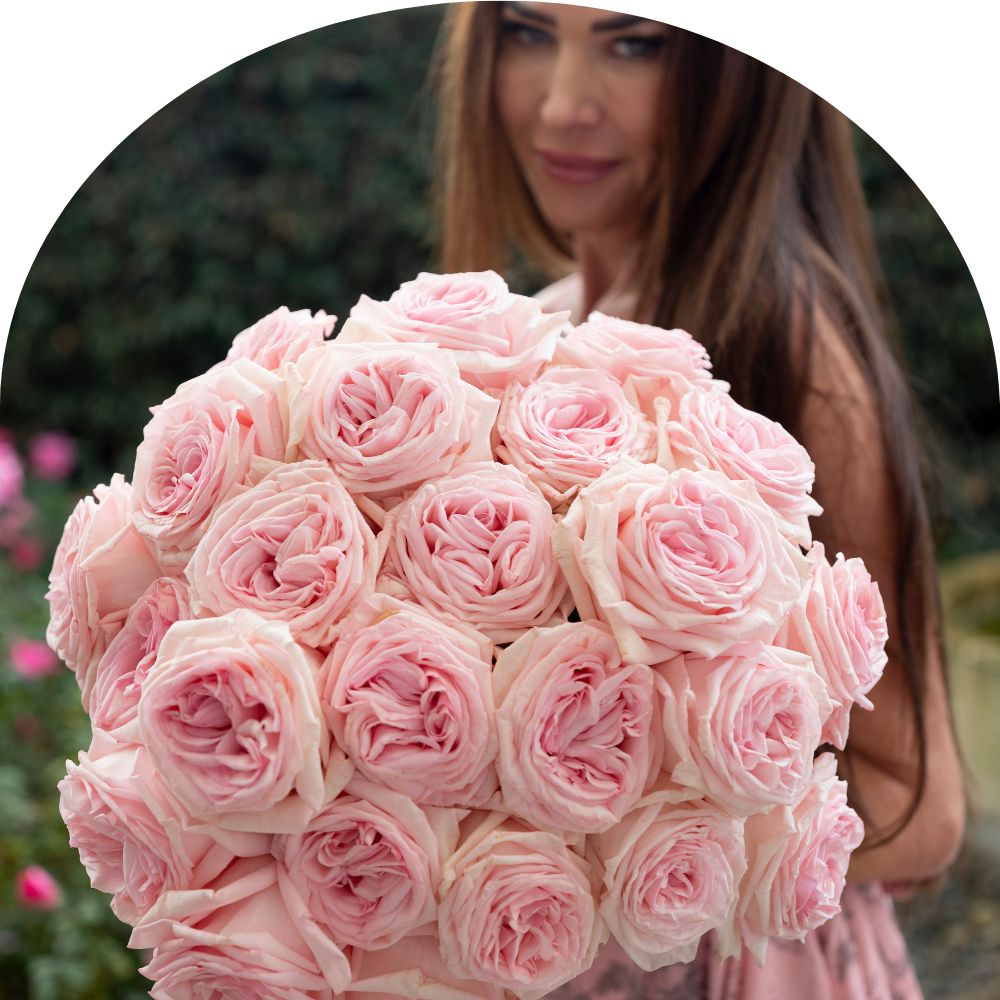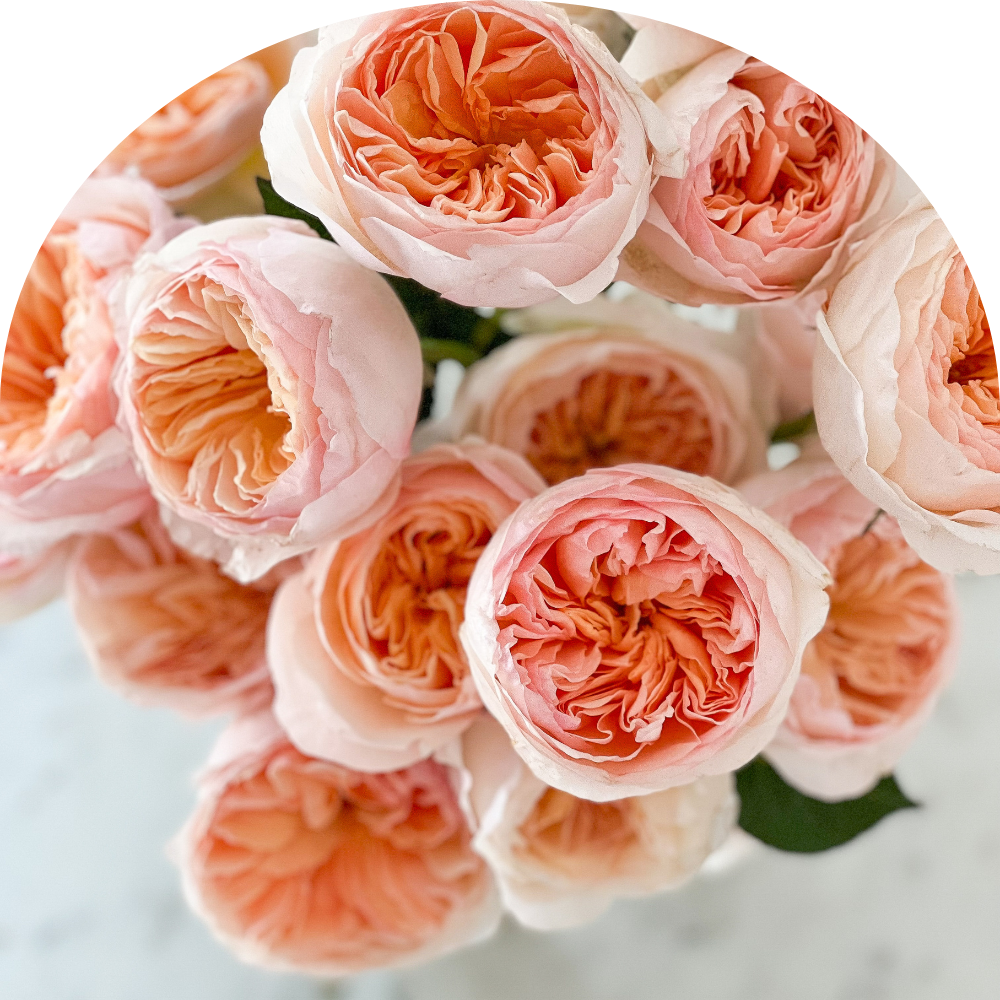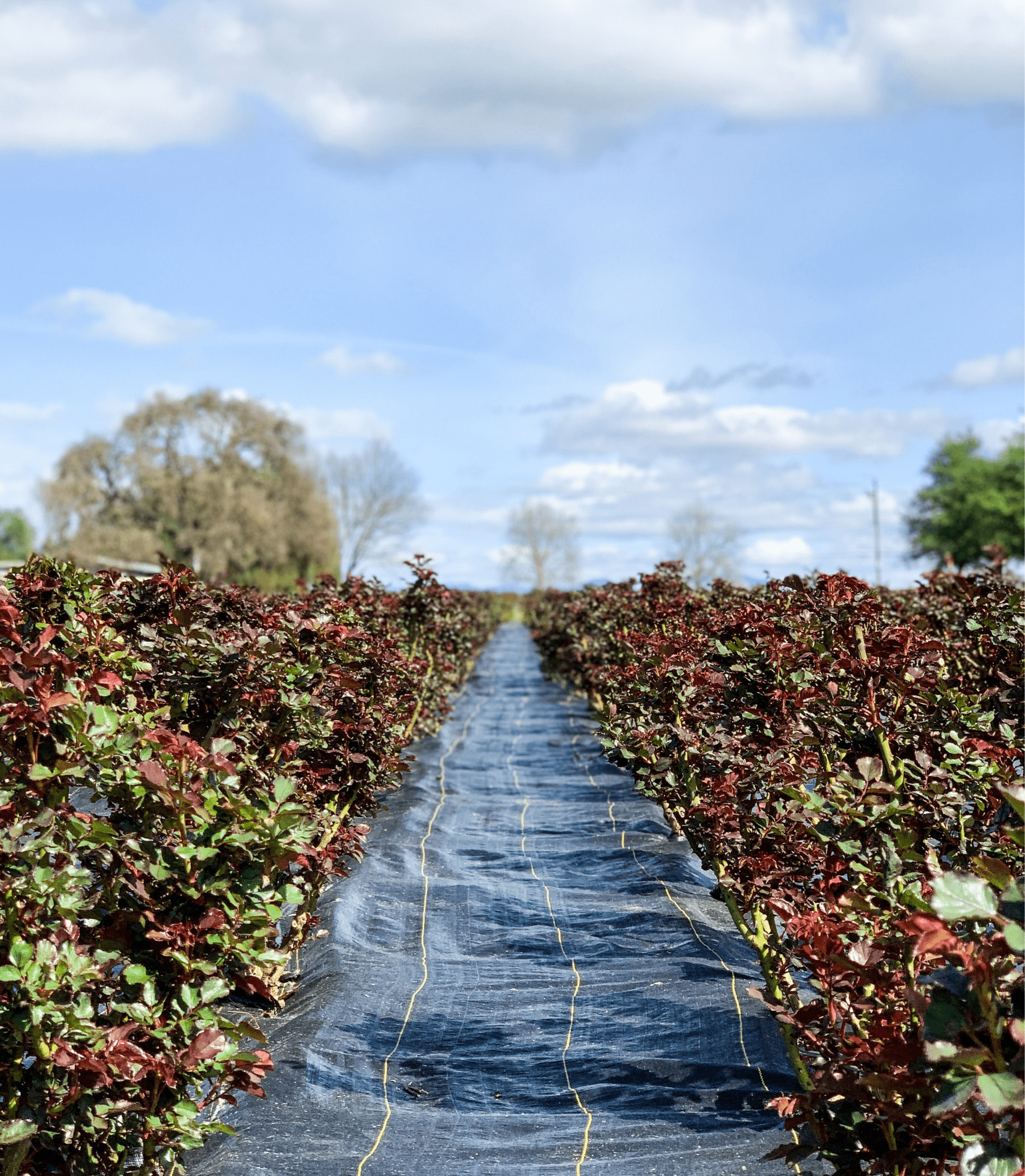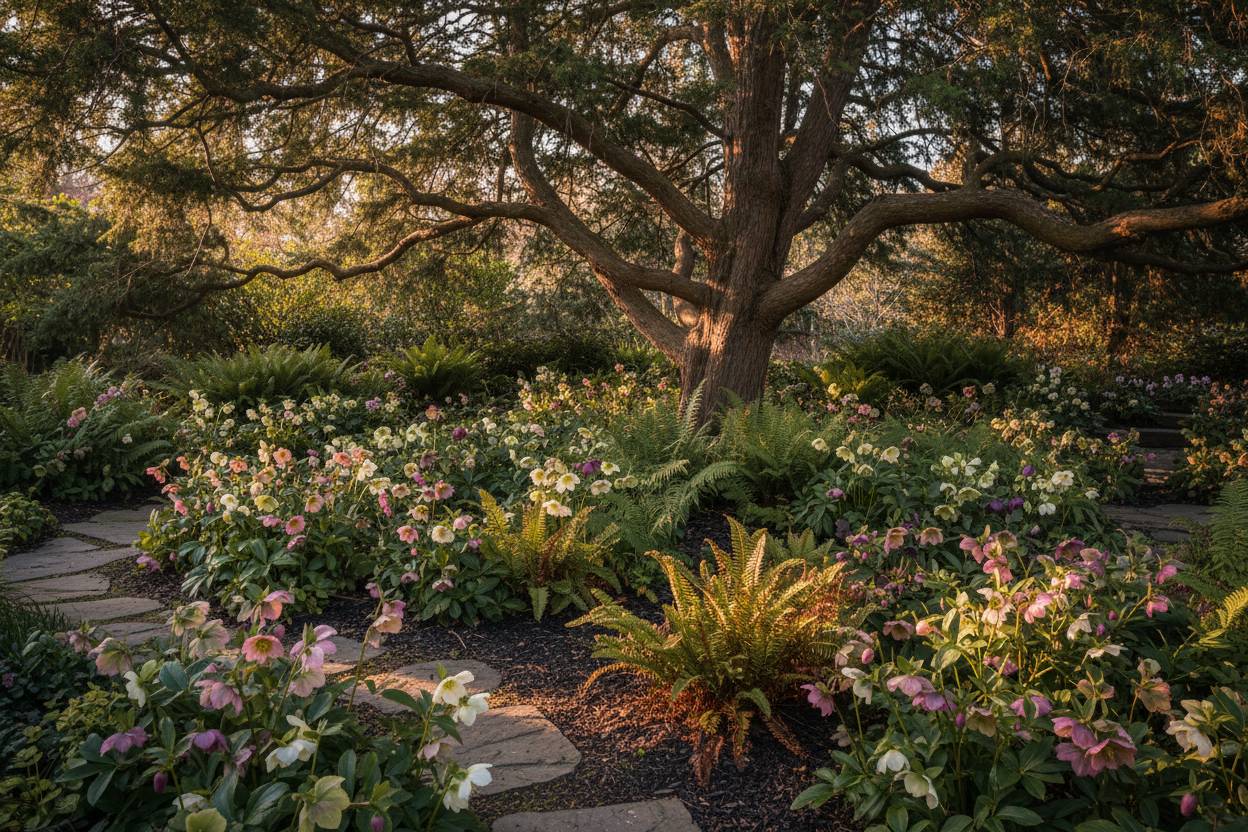
This photo is not one I would typically share, but it’s beautiful in it's own way and I’m so proud of it. For the first year in our farming journey we will not battle weeds. I can’t believe I’m saying those words because I’ve shed MANY tears over weeds.
Last year, in the midst of fertility treatment and taking my diet and lifestyle to a whole new level of natural, I was compelled to go 100% organic at our farm and never cheat when pest and disease pressure pushed us to our limits. We have always used OMRI (Organic Materials Review Institute) products, but there were times several years ago when we had to “break out the big guns” and go a non-organic route due to heavy pest pressure. I was never happy about it, but we’re in the business of selling flowers and we can’t sell thrips infested ones or lose and entire bloom cycle. This killed me, so I had to take a good look at why we were having issues with thrips, even with rigid and routine organic control. After much research, I could only blame our weeds.
Weeds are our number one extra (yet preventable) expense as farmers. I’m sharing a figure we’ve spent not to brag that we can afford to pay for help, but to be really honest about the costs of running a farm. Since moving onto our 10 acre farm two years ago we’ve spent nearly $200,000 on labor just for weeds with absolutely no control gained from the money spent. That means men with shovels who serve no other role here but to weed. No herbicides. No shortcuts. No machinery. It’s not sustainable whatsoever. By the time they would finish weeding an area and move onto another, the weeds would be back where they started. A vicious cycle.
Why are weeds the culprit of pest and disease issues? Because they give pests a place to live and reproduce. Weeds host disease and grow up and into our roses and cause lack of air circulation, conditions where rust and mildew thrive. They compete for water and fertilizer with our roses and can cause our yield to decrease. Simply, you cannot grow healthy roses and have a profitable farm that produces high quality cut flowers with weeds in your fields.
Our weeds grow extremely quickly because 1) our favorable climate that has almost no dormancy period 2) we water so much 3) we fertilize with every watering 4) our neighbors don’t manage their weeds so their weed seed blows onto our property. Behind all the pretty of our roses, there’s serious farming and strategizing going on to control things out of your control. We were constantly failing and pivoting before we had success, especially with weeds.
But here’s the thing... Many of our clients have reached out and said they no longer had rashes or allergy attacks when they switched from imported hothouse roses to ours, and that’s because ours aren’t loaded with toxic chemicals and preservatives. If that’s not motivating, then I don’t know what is! To know that our roses have impacted our clients' health in positive ways is so meaningful. (And florists, please do not decorate your couples' wedding cakes with imported hothouse roses unless you're certain they're organic. Just gross.) In addition to our cut flower clients, we have partners who use our petals for human consumption and beauty products, so we have no choice but to grow the healthiest possible roses that are free from chemicals. Our roses will always be garden grown and we are committed to growing a better, healthier product and never taking shortcuts. There's no possible way to produce a natural product for our clients without a weed-free environment, so we had to figure out how to do just that!
When I had this revelation last summer we began installing DeWitt Sunbelt woven ground cover in our fields. Air and water are able to penetrate our fabric, but weeds cannot! We use 4’ wide rolls since our roses are planted 4’ on center. It’s pounded into the ground with 6” landscape staples and comes all the way to the base of each rose by making a 6-8” slit in the side of the fabric and then stapling it around the rose. We attached 1/8” spaghetti lines from our 3/4” irrigation to bring the emitters up and outside our weed barrier so we can routinely make sure they’re working. Emitters go bad or get blocked from time to time and since we fertilize through ours, they need to be checked weekly. The cost to cover our growing fields (about 5 acres) was $60,000 including labor. We've got a couple sections left to do once our new roses arrive next month and we can't wait to see the finished results. The product we’re using is five year guaranteed so if it only lasts five years (it will last longer) that’s a $12,000 per year investment versus the $100,000 per year we were spending with absolutely zero weed control. The math doesn’t lie.
What about gophers causing havoc under the fabric? Our neighbors don’t manage their gophers so we have a lot of gopher pressure. We’ve never had a gopher deep into our fields because we walk the perimeter daily. We use traps and no gophers have made it under our weed barrier. Our property manager, Juan, has 30 years experience working organic vineyards and is a gopher trapping pro. So as long as we watch gopher activity and trap around our perimeter, we’re not worried about activity under our weed barrier. Gopher control is an everyday chore or else they will take over.
The other thing we’ve put into our organic program in conjunction with our landscape fabric are inexpensive yellow sticky traps used for thrips. We tested them in our white roses (the most thrips prone) last year and our need to spray went down significantly. Spraying is extremely time costly and OMRI products are 2-5x more expensive than conventional pesticides so the less we have to spray, the better! We're in the process of installing 5’ wood posts throughout our fields that will have yellow sticky traps attached to them. Thrips are attracted to them and get stuck during their migratory hours. Traps need to be changed regularly, but they’re super effective for thrips management and will work together with our landscape fabric make our growing more efficient and natural.
In closing, our weeds were so bad at times that I couldn’t walk into our fields without immediately turning around and leaving in tears. This is all the while spending thousands every month on weed labor. We are pursuing our organic certification and I finally really feel like we have a chance at being organic growers. We know our weed barrier investment will only make our roses stronger, more vigorous and exponentially more beautiful. Oh and what about the "ugly" black fabric I was moaning about ruining the aesthetic of our farm? Well by May our roses are so massive you don’t even notice the “ugly” fabric beneath them. If only we had installed it from the very beginning...sigh.
Please feel free to ask questions about our weed barrier and organic management on Instagram!












